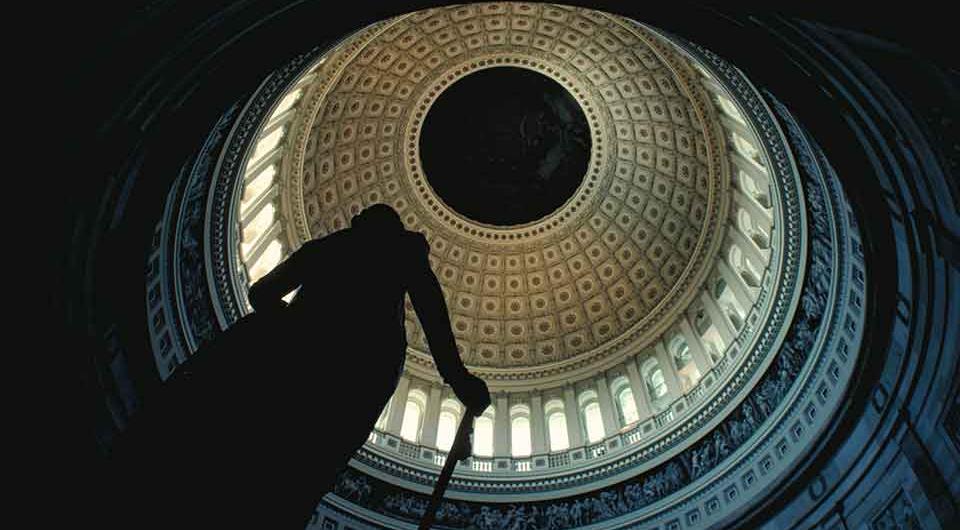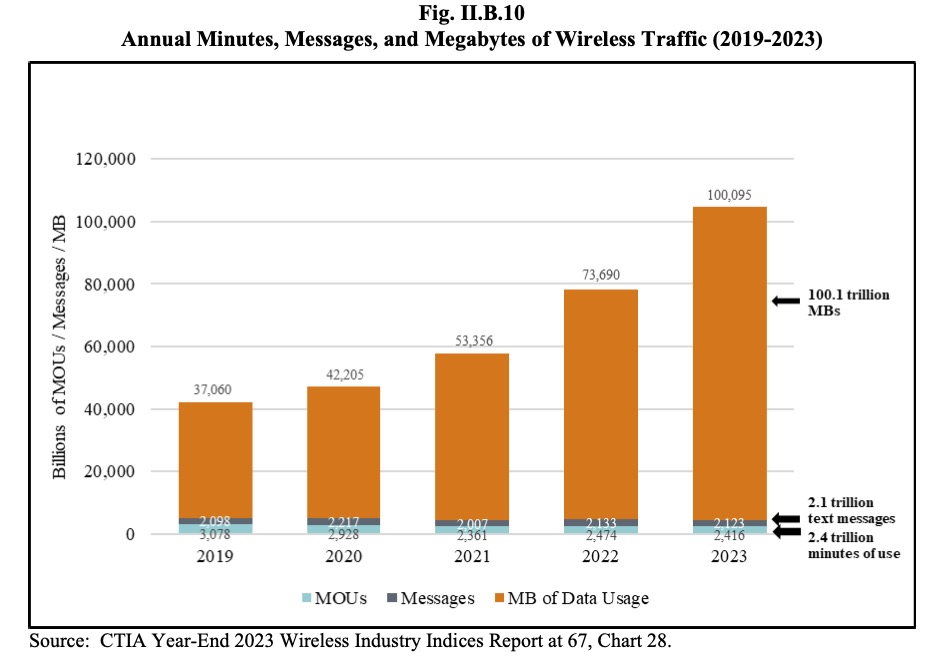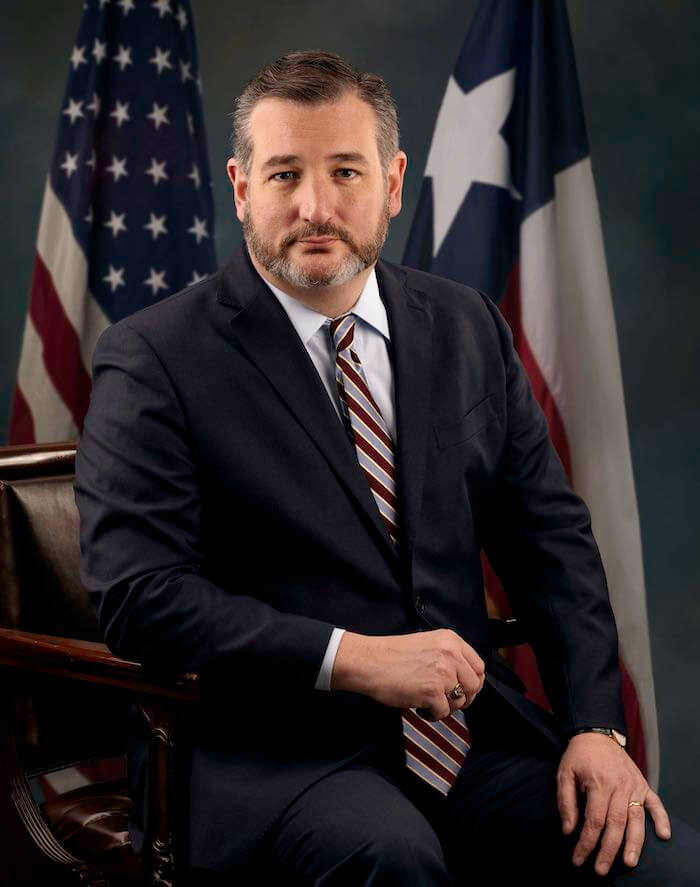On September 4, Representative Bob Latta (R-OH), co-chair of the Rural Broadband Caucus, reintroduced the Winning the International Race for Economic Leadership and Expanding Service to Support (WIRELESS) Leadership Act (the Act). First introduced in February 2021, the Act would "modernize broadband permitting to reduce barriers to deployment."
Among other things, the Act would:
- Establish shot clocks for state and local agencies to act on an application (60 days for the placement of a "small" personal wireless facility using an existing structure, 90 days for other actions relating to a "small" facility or to a larger facility using an existing structure, and 150 days for other actions relating to a larger facility), after which, and upon written notice to the agency, the application would be deemed granted.
- Prohibit "discriminat[ion] among personal wireless service facilities or providers of communications service."
- Ban state and local agencies from exercising their local zoning authority in a manner that would "prohibit or have the effect of prohibiting the provision, improvement, or enhancement of personal wireless services.
- Require that fees be "competitively neutral, technology neutral, and nondiscriminatory"; "established in advance and publicly disclosed"; "calculated based on actual and direct costs" that are "objectively reasonable."
Parties that have been "adversely affected by any final action or failure to act" could seek either expedited judicial relief or administrative relief from the FCC, which would be required to act upon such a request within 120 days.
As Congressman Latta was quoted in the Press Release, "Over the years, billions of dollars have been allocated to expand rural broadband, but without meaningful broadband permitting reform, … all of the federal money will be tied up in burdensome permitting reviews…. " The Act would "streamline state and local permitting, cut through burdensome reviews, and accelerate broadband deployment so more communities can get connected."





















